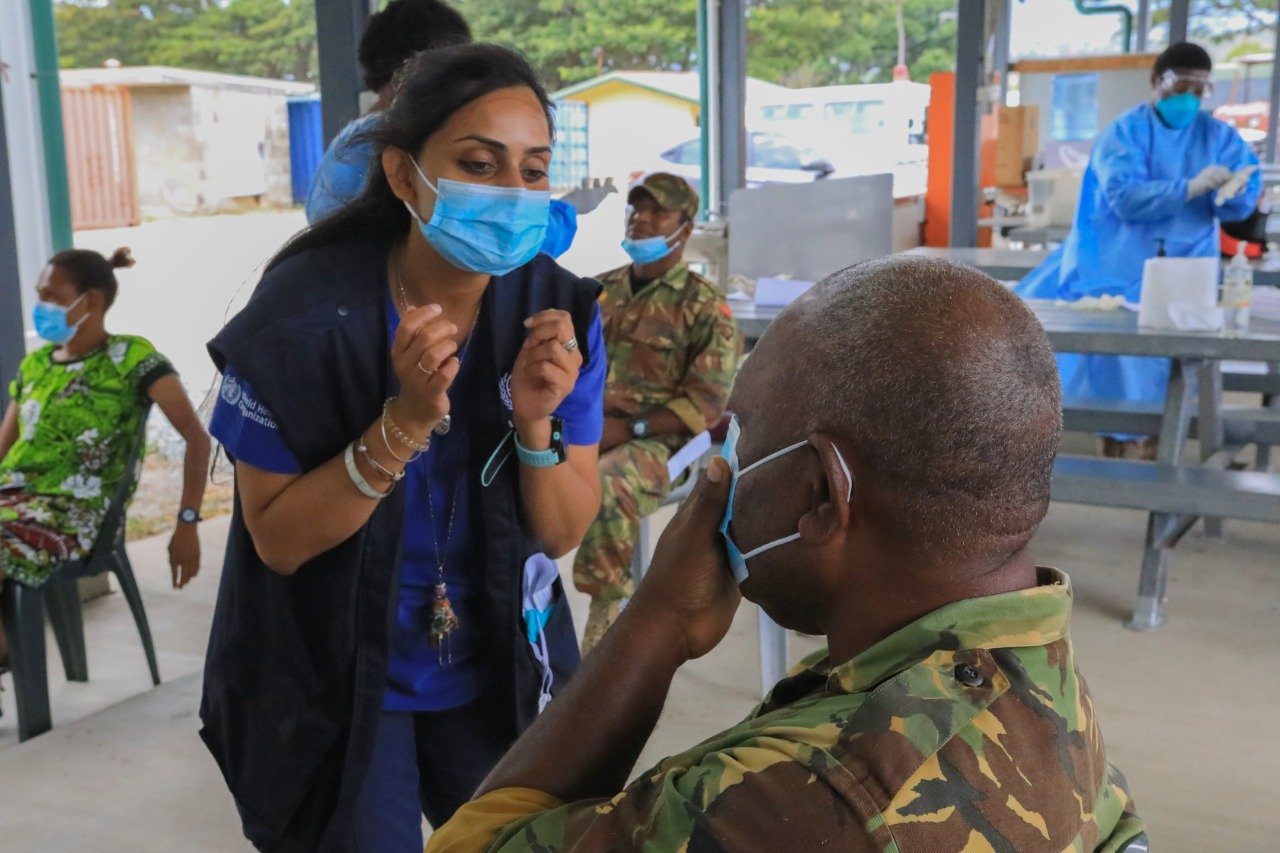By early June, Papua New Guinea’s COVID-19 cases stood at 15,938 and 15,088 of that number have recovered. There have been 162 deaths, and at the time of reporting, there were 688 active cases. So how is the PNG health system coping with a disease that seemingly just won’t go away.
“There appears to be a slowing of infection rates, with hospitals reporting declining hospitalisation,” Professor William Pomat, Director, Papua New Guinea Institute of Medical Research has told Islands Business.
“But,” he says, “testing remains low . . .
Please Subscribe to view full content...
